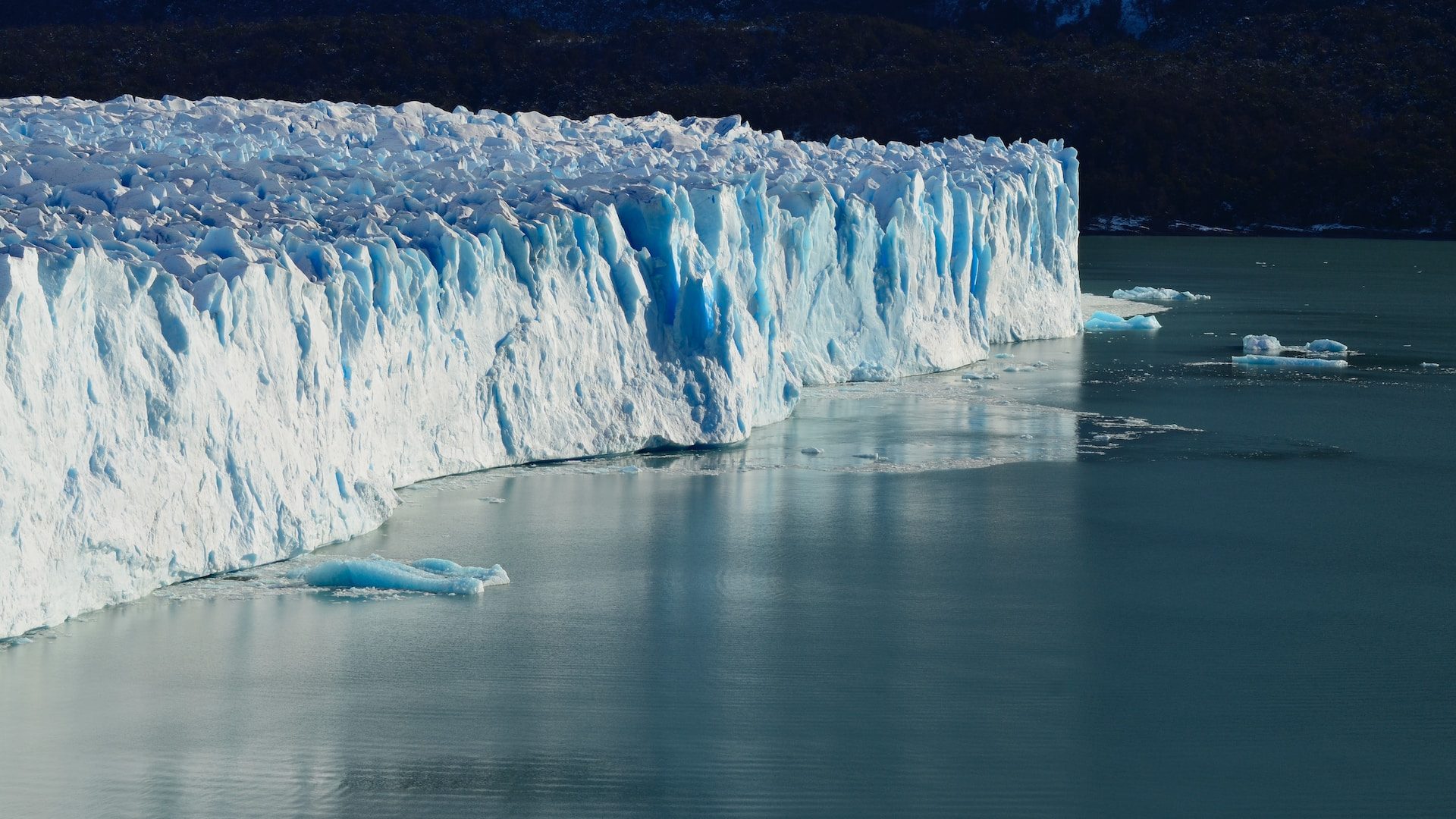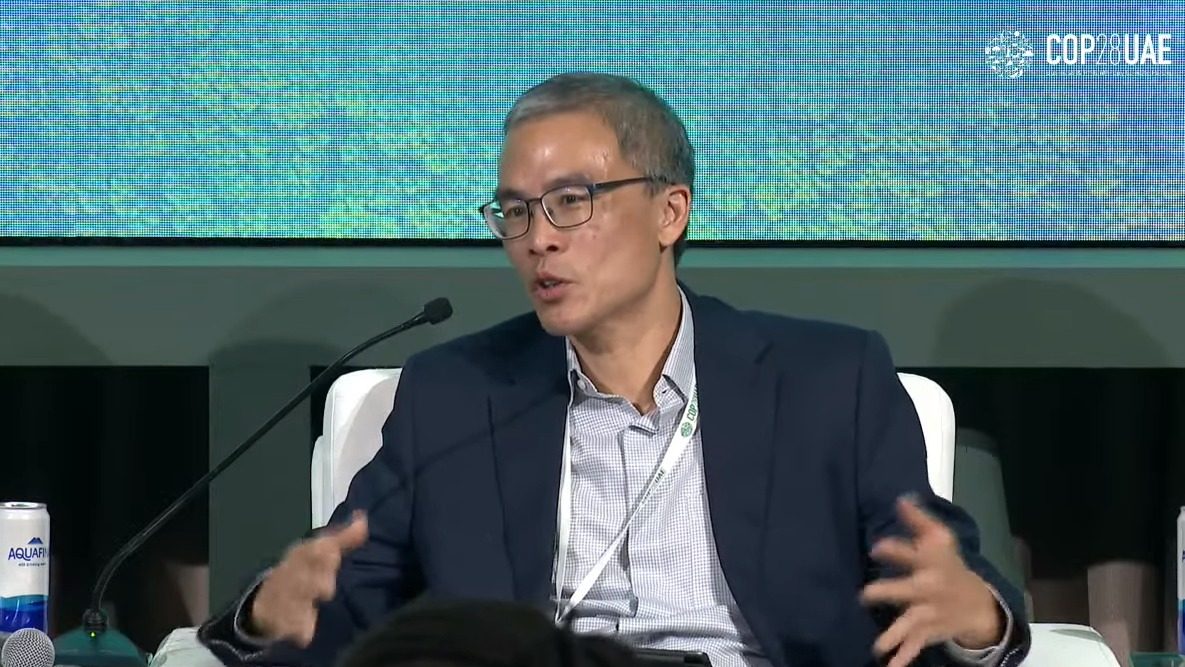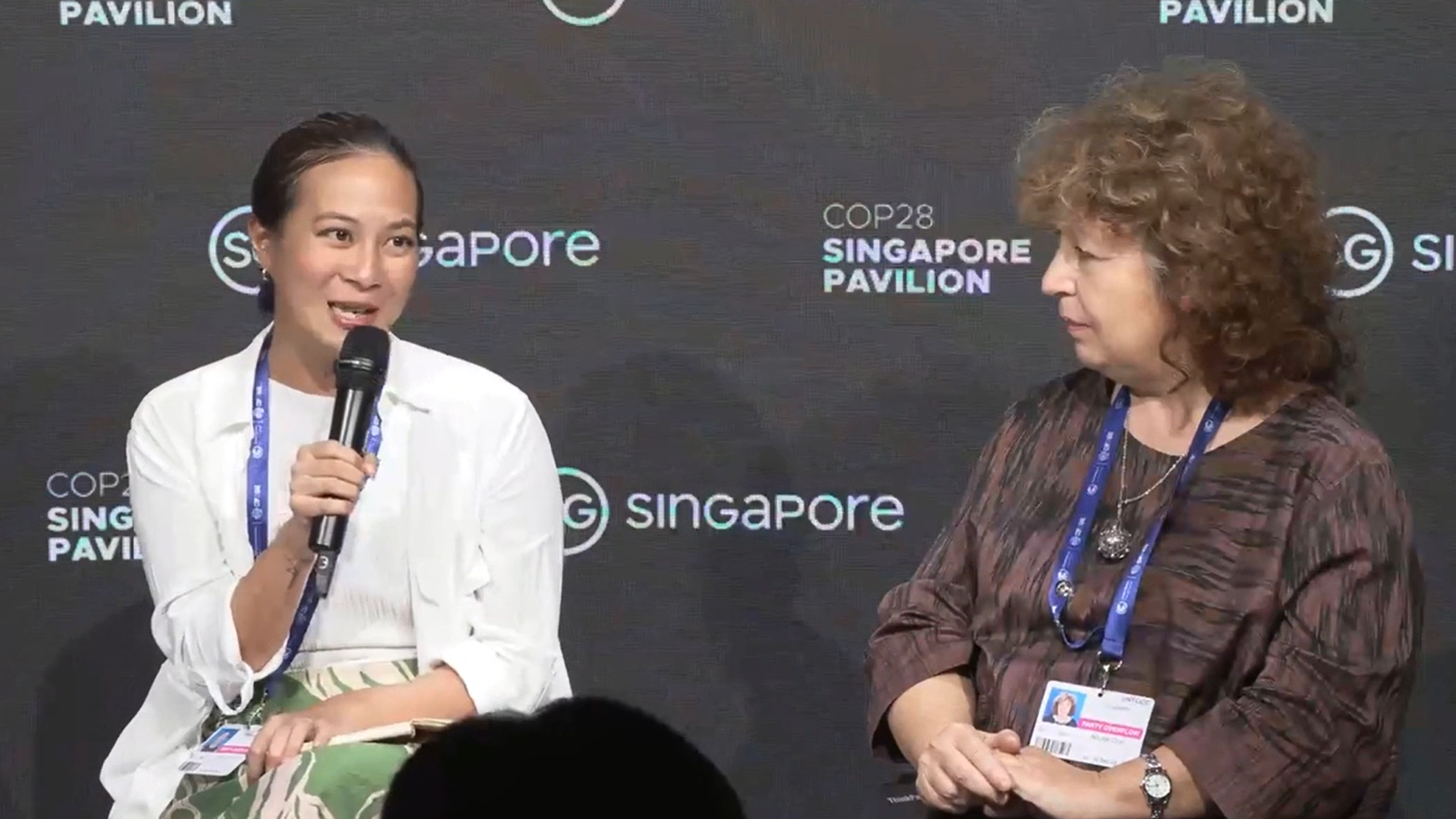BY SARAH TAM, CLIMATE LEAD
Following the UAE Consensus at the end of COP28, what are the key takeaways for the Global South, and what next for APC’s work in climate?

This year, COP28 brought together a record-breaking 97,000 delegates: negotiators, politicians, business leaders, philanthropists, and civil society organisations—all converging in Dubai to deliver a new era of climate action.
After two weeks of negotiations, COP28 delivered the UAE Consensus, which lays out a response to the Global Stocktake and puts forward a plan to close gaps to 2030 targets laid out in The Paris Agreement: transition away from fossil fuels to reach net zero, submit economy-wide Nationally Determined Contributions (NDCs), triple renewables and double energy efficiency by 2030, build momentum for a new architecture for climate finance, and significantly scale up adaptation finance.
COP28 also saw over US$85 billion in commitments, as well as 11 pledges and declarations committed to climate action—including US$72 million in pledges towards a Loss and Damage Fund to help vulnerable countries cope with the costly and damaging impacts of climate disasters, and the launch of Alterra: a US$30 billion private climate investment fund from UAE.
APC at COP28
This year, a delegation of 11 APC members and friends representing Singapore, Indonesia, and Thailand touched down to join COP28. Joined by APC’s Laurence Lien and Carol Tan, APC set out to deliver three aims:
- Set the stage for Asian philanthropy to increase their engagement in climate issues by COP29;
- Raise issues that prioritise Asian perspectives in global climate policies and investments; and
- Bring back valuable insights and knowledge from global engagement, and translate these into learnings for better-informed collaborative climate action.
Here’s what we learned:
There is a large and growing Global South voice at COP28 and climate discussions that can no longer be ignored.
The voices from the Global South came in full force to deliver the message that we need to build the resilience of our societies in the face of a rapidly changing world, and an even faster-changing climate. This means a people-centred approach to climate action that recognises that climate action and the development agenda are inextricably linked.
Indeed, a changing climate affects all aspects of the Sustainable Development Goals, including poverty, health, education, and economic growth. Encouragingly, we saw climate intersectionality take centre stage this year at COP28, with 123 global leaders endorsing WHO’s Health and Climate Change Declaration, and committing more than US$1 billion towards climate and health.

While this sounds the alarm on the health implications of a changing climate, it should not end there. We need to understand how climate cuts across all SDGs. At APC, we are inspired by the work of our friends at India-based Dasra, who recently published a new report underscoring the importance of an intersectional approach to climate action and launched the ClimateRISE Alliance—a collaborative platform that aims to build knowledge, consensus, and common outcomes with over 100 civil society organisations working at the intersection of climate and building resilience for the most vulnerable regions.
We must address the impacts of climate change now (Not 2030, and certainly not 2050).
Nearly 4 billion people live in countries where climate change-related disasters are becoming the norm. In 2023 alone, Libya saw record rainfall causing devastating floods, historic wildfires in Canada, unbearable heatwaves and floods sweeping across Asia, to name only a few. This spotlights what we all already know: climate change is happening here, and we are feeling its effects now.
Estimates put adapting to climate change will cost around US$2 trillion by 2030. The good news is that COP28 delivered on a $700 million Loss and Damage Fund, but this is a drop in the bucket of what is needed. Avi Persaud, who serves as advisor to the Prime Minister of Barbados Mia Mottley, puts it succinctly: “Loss and damage is not a distant risk, but part of the lived reality of almost half of the world’s populations.”
All this rings true for us at APC as well. Earlier this year, in a joint convening with AVPN on adaptation in Southeast Asia, what stood out for us was that the region’s adaptation and resilience narrative is fragmented; there is a need to establish pathways for meaningful engagement with and from philanthropy.
This is why next year, we are focusing on adaptation and resilience in Southeast Asia, to find ways to accelerate our collective response to climate adaptation and climate action.
We must work not only to reduce emissions, but more importantly—decarbonise for the future.
The debate about whether the Global South has contributed to emissions is important. Yet, we are too far down the line to continue this debate. Cities in emerging economies today will be the powerhouses of the future—and many of these economies will be in Asia. And there lies the greatest opportunity.
Agriculture is key
It is increasingly clear that a low-carbon and resilient economic growth can be the engine that helps revitalise global growth, contributes to poverty-reduction, generates jobs and income opportunities while countering climate risks. In Asia, food and agricultural systems are particularly critical—not only because it employs 40% of the population in the region, but even more so as it is the second largest emitter in the world after the energy sector.
As a result, more than 130 countries this year signed a declaration to include emissions from agriculture and farming in their national plans to tackle climate change at COP28. Aside from this, a group of leading food and agriculture organisations, including Danone, PepsiCo, and Nestlé joined forces to scale regenerative agriculture and partnering with 3.6 million farmers to accelerate the transition of over 160 million hectares of land to protect the soil and limit carbon emissions.
At APC, we believe a key to tackling the climate crisis lies with solutions in agriculture—our fight begins and ends there. Together with our Climate Collective members and the wider community, we plan to amplify initiatives in Asia that highlight climate solutions in the food, agriculture, and land-use sector, while bringing together different stakeholders for greater impact.

Don’t forget the oceans
One of our members Kathlyn Tan wrote in an Op-Ed recently: “There is no Paris without the ocean.” The ocean hosts 95% of planet life, produces more than half of the oxygen in the planet, and covers more than 70% of the planet’s surface. Yet, despite the outsized role oceans play in sustaining life on land, it remains the least funded of all Sustainable Development Goals
Southeast Asia has an integral part to play in addressing the ocean-climate emergency, with millions of people living along coastal communities heavily reliant on ocean ecosystems. We believe that ocean-based action could play a critical role in helping the world avoid the worst impacts of a changing climate. Already, momentum is building around highlighting the importance of Southeast Asian seas, and APC will continue to work with our members to highlight the intersectionality between climate, people, and oceans.
What next? The way forward
In recent years, we have witnessed the incredible leadership of governments, businesses, NGOs, and philanthropists—amongst others—to pave a path forward. Now the baton comes to us for implementation. The decisions we make today will determine the path for future generations.
We have a unique opportunity to chart a new path and turn climate crisis into opportunity—to tap into the collective wisdom of APC members and the shared journey of the Climate Collective as it winds down at the end of this year, to truly and undeniably chart a better future for Asia.
APC VOICES FROM COP28

Kathlyn Tan
Rumah Group
My COP experience this year felt notably different from last year’s. One key difference was the emphasis on philanthropy partnering with government and big business to address global challenges. With hundreds of millions of lives at risk along Southeast Asia’s coasts and many of whom are some of the most vulnerable, it’s becoming clear that climate action is no longer just about the environment.
Climate action is about the people and regardless of which SDG we seek to address, time is ticking for philanthropies to unite to accelerate action on climate adaptation.
